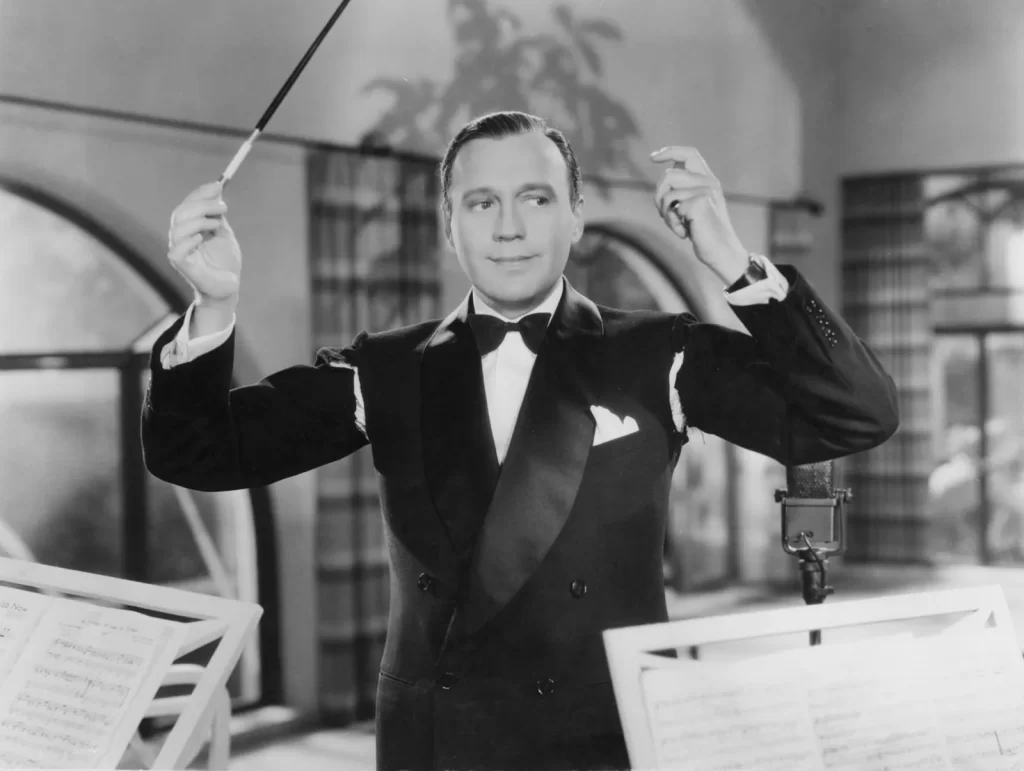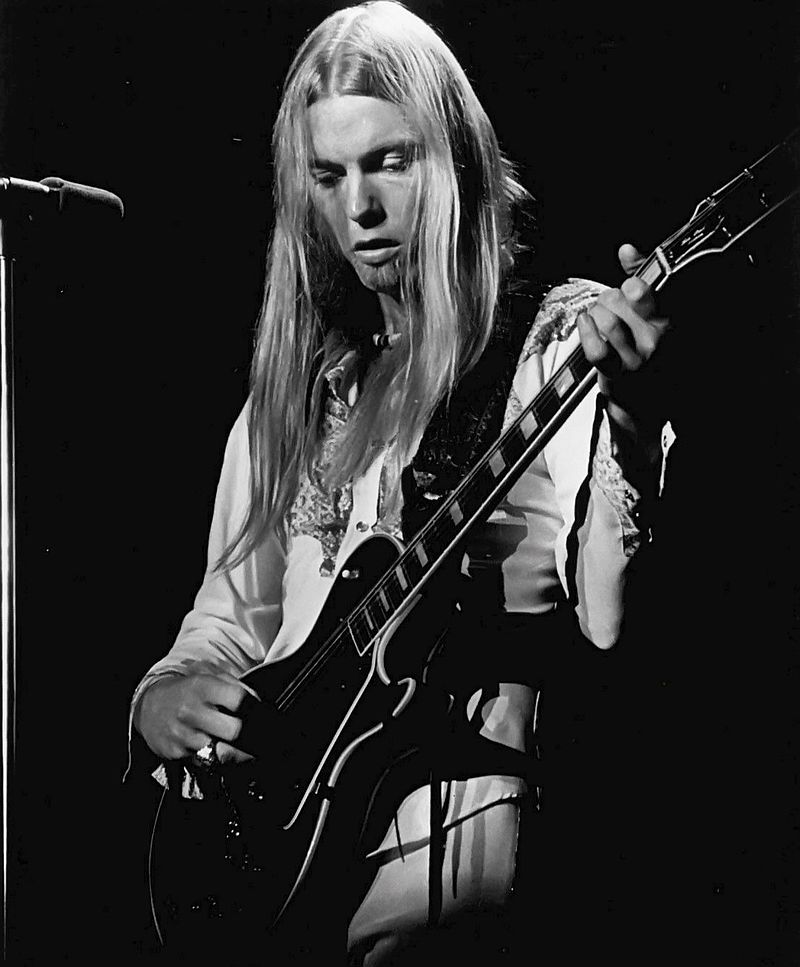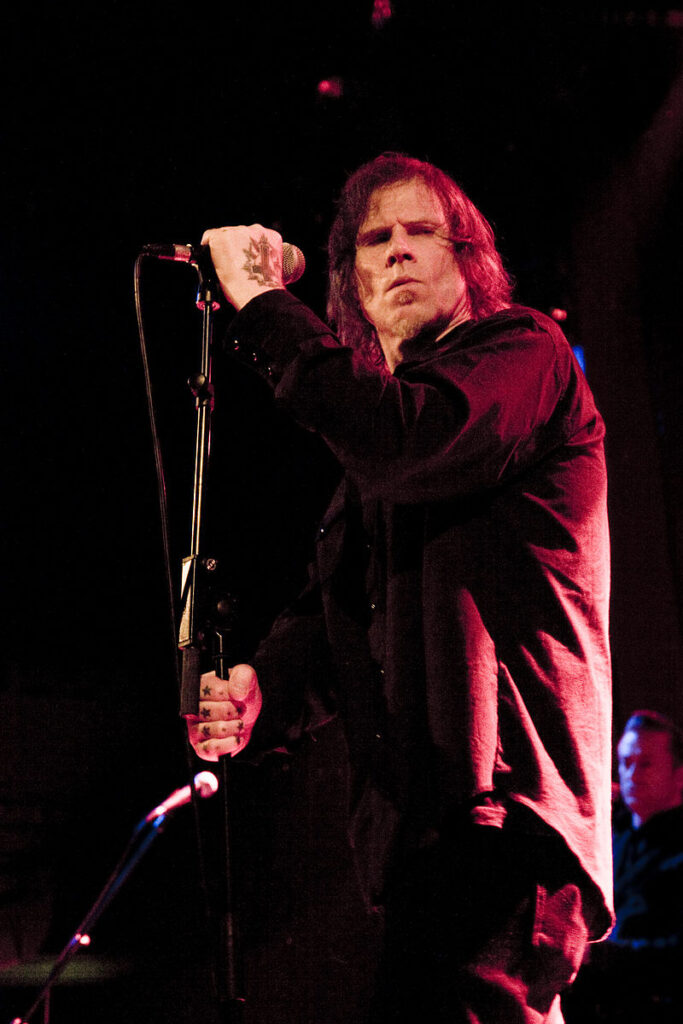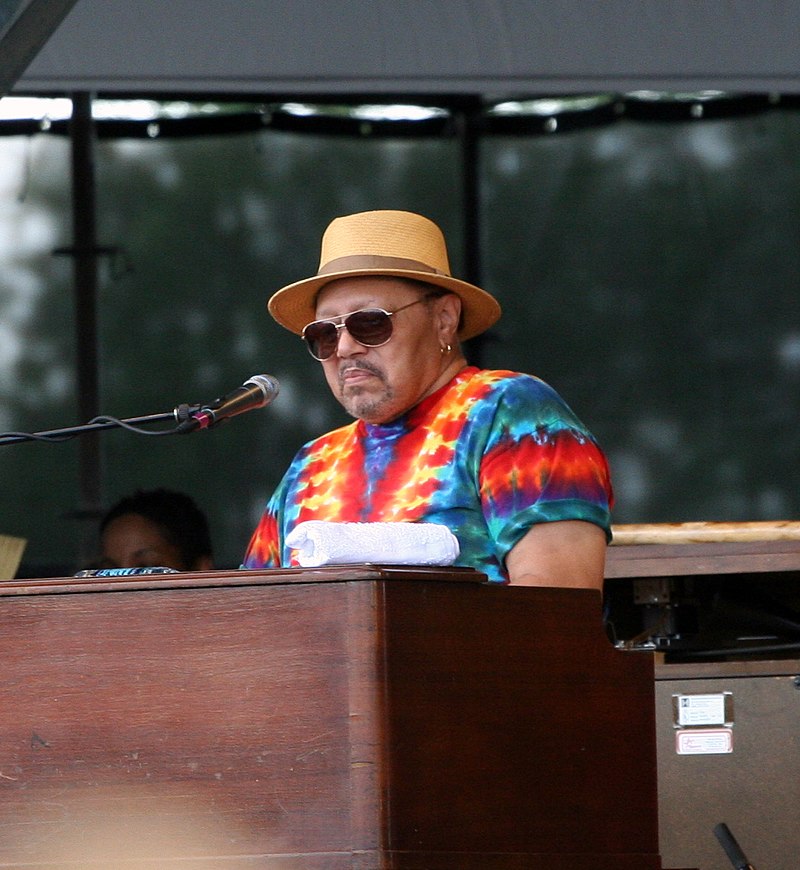Jack Benny Net Worth at Death
Jack Benny had an estimated net worth of $7 million at the time of his death, he accumulated his vast wealth from his radio and TV career.
Jack Benny Early Life
Jack Benny (February 14, 1894 – December 26, 1974) was an American entertainer who rose from obscurity as a violinist on the vaudeville circuit to become one of the twentieth century’s most popular comedic performers on radio, television, and film.
He was known for his comic timing and ability to make people laugh with a long pause or a single expression, such as his trademark exasperated summation “Well!”
From 1932 until his death in 1974, his radio and television programs were a major influence on the sitcom genre. Benny portrayed himself as a miser who obliviously played his violin poorly and claimed to be 39 years old all the time.
Benny was born Benjamin Kubelsky on February 14, 1894, in Chicago, Illinois, and grew up in nearby Waukegan. Meyer Kubelsky (1864-1946) and Naomi Emma Sachs Kubelsky, both Jewish immigrants, raised him (1869–1917).
Meyer was a saloon owner and later a haberdasher from Poland who immigrated to the United States of America. Emma had moved to the United States from Lithuania. Benny began studying violin at the age of six, an instrument that became his trademark; his parents hoped he would become a professional violinist.
He adored the instrument but detested practicing. Otto Graham Sr., a neighbor and the father of football player Otto Graham, was his music teacher. Benny began playing in dance bands and his high school orchestra when he was 14 years old.
He was a daydreamer who struggled in school, eventually being expelled. He later struggled in business school and in attempts to join his father’s company. In 1911, he began performing the violin in local vaudeville theaters for $7.50 per week (approximately $220 in 2020 dollars). Ned Miller, a young composer and singer, joined him on the circuit.
Benny was in the same theater as the young Marx Brothers that year. Their mother, Minnie, liked Benny’s violin playing and invited him to join her boys in their act. Benny’s parents refused to let him go on the road at the age of 17, but it was the start of a long friendship with the Marx Brothers, particularly Zeppo Marx.
Benny formed a vaudeville musical duo the following year with pianist Cora Folsom Salisbury, who needed a partner for her act. This infuriated famous violinist Jan Kubelik, who was concerned that the young vaudevillian with a similar name would tarnish his reputation.
Under duress, Benjamin Kubelsky agreed to change his name to Ben K. Benny, also known as Bennie. When Salisbury left the act, Benny found a new pianist, Lyman Woods, and renamed the act “From Grand Opera to Ragtime”. They collaborated for five years, gradually incorporating comedy elements into the show. They made it to the Palace Theater, the “Mecca of Vaudeville,” but did not fare well.
Benny briefly left show business in 1917 to join the United States Navy during World War I, where he frequently entertained fellow sailors with his violin playing. When his violin performance was booed by the sailors one evening, he ad-libbed his way out of the jam and left them laughing, thanks to prompting from fellow sailor and actor Pat O’Brien.
He got more comedy spots in the revues and did well, establishing himself as a comedian and musician. Despite stories to the contrary, there is no reliable evidence that Jack Benny was aboard or scheduled to be on the excursion during the 1915 Eastland disaster; possibly the basis for this report was that Eastland was a training vessel during World War I and Benny received his training in the Great Lakes naval base where Eastland was stationed.
Benny created a one-man show, “Ben K. Benny: Fiddle Funology,” shortly after the war. Following legal pressure from Ben Bernie, a “patter-and-fiddle” performer, he changed his name to Jack, a sailor’s nickname. By 1921, the fiddle had become more of a prop, and low-key comedy had taken over.
Benny had several romantic relationships, including one with dancer Mary Kelly, 23-24, whose devoutly Catholic family forced her to decline his proposal because he was Jewish. Gracie Allen introduced Benny to Kelly.
Benny accompanied Zeppo Marx to a Passover Seder in Vancouver in 1922, where he met 17-year-old Sadie Marks (whose family was friends with, but not related to, the Marx family). When he tried to leave during Sadie’s violin performance, their first meeting did not go well.
They reconnected in 1926. Jack had forgotten about their previous meeting and had fallen in love with her right away. The following year, they married. She was working in the hosiery section of the May Company’s Hollywood Boulevard branch when Benny approached her.
Sadie proved to be a natural comedienne when she was called on to fill in for the “dumb girl” part in a Benny routine. Sadie, who went by the stage name Mary Livingstone, worked with Benny for the majority of his career. Joan, their adopted daughter, was born later (1934–2021).
Sadie’s older sister Babe was frequently the subject of jokes about unattractive or masculine women, while her younger brother Hilliard later produced Benny’s radio and television work.
Sam Lyons, Benny’s agent, persuaded Irving Thalberg, an American film producer at Metro-Goldwyn-Mayer, to see Benny at the Orpheum Theatre in Los Angeles in 1929. Benny signed a five-year contract with MGM and made his debut in The Hollywood Revue in 1929.
After Chasing Rainbows failed to perform well, Benny was released from his contract and returned to Broadway in Earl Carroll’s Vanities. Benny, who was initially skeptical of radio’s viability, became increasingly eager to break into the new medium.
After a four-week nightclub run, he was invited onto Ed Sullivan’s radio show in 1932, where he delivered his first radio spiel. “That’s Jack Benny speaking. There will be a brief pause during which you will say, ‘Who cares?'”
Final years
Benny went on to perform live as a standup comedian after his broadcasting career ended. Benny was the headlining act at Harrah’s Lake Tahoe in the 1960s, along with performer Harry James and vocalist Ray Vasquez.
Benny made one of his final television appearances on The Tonight Show Starring Johnny Carson on January 23, 1974, the day before his final television special aired. Benny was preparing to star in Neil Simon’s film adaptation of The Sunshine Boys when his health failed later that year.
While preparing for the film, he persuaded his longtime best friend, George Burns, to take his place on a nightclub tour. Burns was eventually forced to replace Benny in the film, and he went on to win an Academy Award for his performance.
Despite his failing health, Benny made one final appearance on The Tonight Show on August 21, 1974, with guest host Rich Little. Benny also appeared on The Dean Martin Celebrity Roast several times in his final 18 months, roasting Ronald Reagan, Johnny Carson, Bob Hope, and Lucille Ball in addition to himself in February 1974. His final public performance, the Lucille Ball roast, aired on February 7, 1975, several weeks after his death.
Jack Benny Cause of Death
Jack Benny died from pancreatic cancer 47 years ago on the day after Christmas. He was 80 years old. Benny canceled a performance in Dallas in October 1974 after experiencing dizziness and arm numbness.
Benny’s condition could not be determined despite a battery of tests. When he complained of stomach pains in early December, a preliminary examination revealed nothing, but a second examination revealed that he had inoperable pancreatic cancer.
On December 22, 1974, Benny went into a coma at home. Close friends such as George Burns, Bob Hope, Frank Sinatra, Johnny Carson, John Rowles, and then-Governor Ronald Reagan paid him visits while he was in a coma.
He passed away on December 26, 1974, at the age of 80. Burns, Benny’s best friend for over fifty years, attempted to deliver a eulogy at the funeral but broke down shortly after starting and was unable to continue. Hope also gave a eulogy in which he said, “For a man who was the undisputed master of comedic timing, this is the only time Jack Benny’s timing was completely off. He was taken from us far too soon.”
Benny was laid to rest in a crypt at Culver City’s Hillside Memorial Park Cemetery. His will stipulated that his widow, Mary Livingstone, receive a single long-stemmed red rose every day for the rest of her life. Livingstone died on June 30, 1983, at the age of 78, eight and a half years later.
Benny summed up his successful life when asked to explain it: “Everything good that has happened to me has happened by chance. I was not motivated by ambition or a desire to achieve a specific goal. I was never sure where I was going.”
Benny’s family donated his personal, professional, and business papers, as well as a collection of his television shows, to UCLA after his death. In his honor, the university established the Jack Benny Award for Comedy in 1977 to recognize outstanding individuals in the field of comedy.
Johnny Carson was the first recipient of the award. Benny also gave the Los Angeles Philharmonic Orchestra a Stradivarius violin he purchased in 1957. “If it’s not a $30,000 Strad, I’m out $120,” Benny joked.
Jack Benny Wife and Daughter
Jack was married to his wife Mary Livingstone, an American radio comedian and actress. Benny and Livingstone adopted a two-week old girl in 1934, whom they named Joanie.
In Sunday Nights at Seven (1990), her father’s unfinished memoir that she completed with her own recollections, Joan Benny revealed she rarely felt close to her mother.
Jack Benny Radio and TV Career
Before becoming a national figure with The Jack Benny Program, a weekly radio show that aired on NBC from 1932 to 1948 and CBS from 1949 to 1955, Benny was a minor vaudeville performer. During its run, it was one of the most popular shows.
On April 6, 1932, the NBC Commercial Program Department auditioned Benny for the N. W. Ayer & Son agency and their client Canada Dry, and Bertha Brainard, head of the division, said, “We think Mr. Benny is excellent for radio and, while the audition was unassisted as far as orchestra was concerned, we believe he would make a great bet for an air program.”
In 1956, Benny recalled that Ed Sullivan had invited him to appear on his show (1932), and that “the agency for Canada Dry ginger ale heard me and offered me a job.”
Benny made his radio debut on May 2, 1932, on The Canada Dry Program, which aired on Mondays and Wednesdays on the NBC Blue Network and featured George Olsen and his orchestra.
Benny hired Harry Conn as a writer after a few shows. The show remained on Blue for six months until October 26, when it was moved to CBS on October 30, where it now airs on Thursdays and Sundays.
Benny remained on CBS with Ted Weems leading the band until January 26, 1933, when Canada Dry decided not to renew Benny’s contract after attempting to replace Conn with Sid Silvers, who would have also gotten a co-starring role. The Canada Dry Program, unlike later incarnations of the Benny show, was primarily a musical program.
Benny then appeared on The Chevrolet Program, which aired on the NBC Red Network from March 17, 1933 to April 1, 1934, initially on Fridays (replacing Al Jolson) and later on Sunday nights.
The show, which featured Benny and Livingstone as well as Frank Black’s orchestra and vocalists James Melton and (later) Frank Parker, was canceled after General Motors’ president demanded a musical program. On Fridays, he continued to work with sponsor General Tire until the end of September.
On January 2, 1949, the show moved to CBS as part of CBS president William S. Paley’s infamous “raid” on NBC talent in 1948-1949.
It stayed there for the rest of its radio run, which ended on May 22, 1955. From 1956 to 1958, CBS aired repeat episodes as The Best of Benny.
After making his television debut in 1949 on local Los Angeles station KTTV, then a CBS affiliate, The Jack Benny Program ran on network television from October 28, 1950, to 1965, with the exception of the final season on CBS.
Originally scheduled as a series of five “specials” during the 1950-1951 season, the show aired every six weeks in 1951-1952, every four weeks in 1952-1953, and every three weeks in 1953-1954.
Half of the episodes were filmed live during the summer of 1953-1954, allowing Benny to continue doing his radio show. It aired every other week from the fall of 1954 to 1960, and weekly from 1960 to 1965.
Benny co-hosted the General Foods 25th Anniversary Show: A Salute to Rodgers and Hammerstein with Groucho Marx and Mary Martin on March 28, 1954.
Chrysler’s Shower of Stars, co-hosted by Jack Benny and William Lundigan, premiered on CBS in September 1954. It had a successful run from 1954 to 1958.
Both television shows frequently overlapped with the radio show. In fact, the radio show frequently alluded to its television counterparts. In such cases, Benny would frequently sign off the radio show with the line “Good night, everyone. I’ll see you on the news.”
When Benny moved to television, audiences discovered that his controlled repertoire of dead-pan facial expressions and gestures matched his verbal talent.
The program was similar to the radio show (many of the radio scripts were recycled for television, as was common with other radio shows that transitioned to television), but with visual gags added.
The sponsor was Lucky Strike. Benny performed his opening and closing monologues in front of a live audience, which he considered critical to the timing of the material.
A laugh track was added to “sweeten” the soundtrack, as in other TV comedy shows, when the studio audience missed some close-up comedy due to cameras or microphones obstructing their view.
Television viewers had grown accustomed to life without Mary Livingstone, who suffered from severe stage fright that didn’t go away despite performing with Benny for 20 years. As a result, Livingstone appeared on the show only infrequently, if at all.
In fact, for the last few years of the radio show, she pre-recorded her lines and Joan, Jack and Mary’s daughter, stood in for the live taping, with Mary’s lines later edited into the tape and replacing Joan’s before broadcast. Mary Livingstone, like her friend Gracie Allen, retired from show business permanently in 1958.
Benny’s television show featured more guest stars and fewer regulars than his radio show. Don Wilson and Eddie “Rochester” Anderson were the only radio cast members who also appeared on the television show on a regular basis.
Singer Dennis Day made sporadic appearances, and Harris left the radio show in 1952, though he did make a guest appearance on the television show (Phil’s “replacement,” Bob Crosby, frequently appeared on television through 1956). Gisele Mackenzie, a Canadian-born singer-violinist, was a frequent guest.
Benny appeared as a joke on the then-wildly popular $64,000 Question in 1957. Benny’s category of choice was “Violins,” but after correctly answering the first question, he chose not to continue, leaving the show with only $64; host Hal March gave Benny the prize money out of his own pocket. The same year, March appeared on Benny’s show.
Benny was able to bring in guests who were rarely, if ever, seen on television. Marilyn Monroe and Humphrey Bogart both made their television debuts on Benny’s show in 1953.
Another guest star on the Jack Benny show was Rod Serling, who starred in a spoof of The Twilight Zone in which Benny goes to his own house and finds that no one knows who he is; Jack runs away screaming in panic; Serling breaks the fourth wall and remarks not to worry about Benny on the grounds that anyone who has been 39 years old as long as he has is a citizen of the “Twilight Zone”.
Gisele MacKenzie, a Canadian singer who toured with Benny in the early 1950s, appeared seven times on The Jack Benny Program. Benny was so taken with MacKenzie’s abilities that he served as co-executive producer and guest star on her NBC variety show, The Gisele MacKenzie Show, from 1957 to 1958.
Walt Disney appeared as a guest in 1964, primarily to promote his production of Mary Poppins. Benny convinced Disney to give him over 110 free Disneyland admission tickets for his friends and one for his wife, but later in the show, Disney apparently sent his pet tiger after Benny in retaliation, at which point Benny opened his umbrella and soared above the stage like Mary Poppins.
CBS canceled the show in 1964, citing Benny’s lack of appeal to the younger demographic that the network was courting, and he returned to his original network, NBC, in the fall, only to be out-rated by CBS’s Gomer Pyle, U.S.M.C.
Benny was dropped by the network at the end of the season. He continued to make specials until the 1970s, with the last one airing in January 1974.
Benny also appeared twice on The Lucy Show: Once as a plumber who looks like Jack Benny, and again in 1967 in “Lucy Gets Jack Benny’s Account,” where Lucy shows Jack around his new money vault. Using his “stingy” television persona, Benny did a series of commercials for Texaco Sky Chief gasoline in the late 1960s, always telling the attendant, played by Dennis Day, after being implored, “Mr. Benny, won’t you please fill up?”, “I’ll take a gallon.”
In his unpublished autobiography, I Always Had Shoes (portions of which were later incorporated by Jack’s daughter, Joan Benny, into her memoir of her parents, Sunday Nights at Seven), Benny stated that the decision to end his TV series in 1965 was made by him, not NBC.
He said that while the ratings were still very good (he cited a figure of some 18 million viewers per week, although he qualified that figure by saying he never believed the ratings services were doing anything more than guessing, no matter what they promised), advertisers were complaining that commercial time on his show was costing nearly twice as much as what they paid for most other shows, and he had grown tired of what was called the “rate race”.
Thus, after three decades on radio and television in a weekly program, Jack Benny retired triumphantly. To be fair, Benny shared Fred Allen’s ambivalence about television, albeit not to the same extent.
“By the second year of my career in television, I had realized that the camera was a man-eating monster… It gave a performer close-up exposure that threatened his existence as an interesting entertainer week after week.”
Benny recalled telling Phil Silvers not to appear on television during a joint appearance on Dick Cavett’s show. Silvers, on the other hand, disregarded Benny’s advice and went on to win several Emmy awards as Sergeant Bilko on the popular series The Phil Silvers Show.




